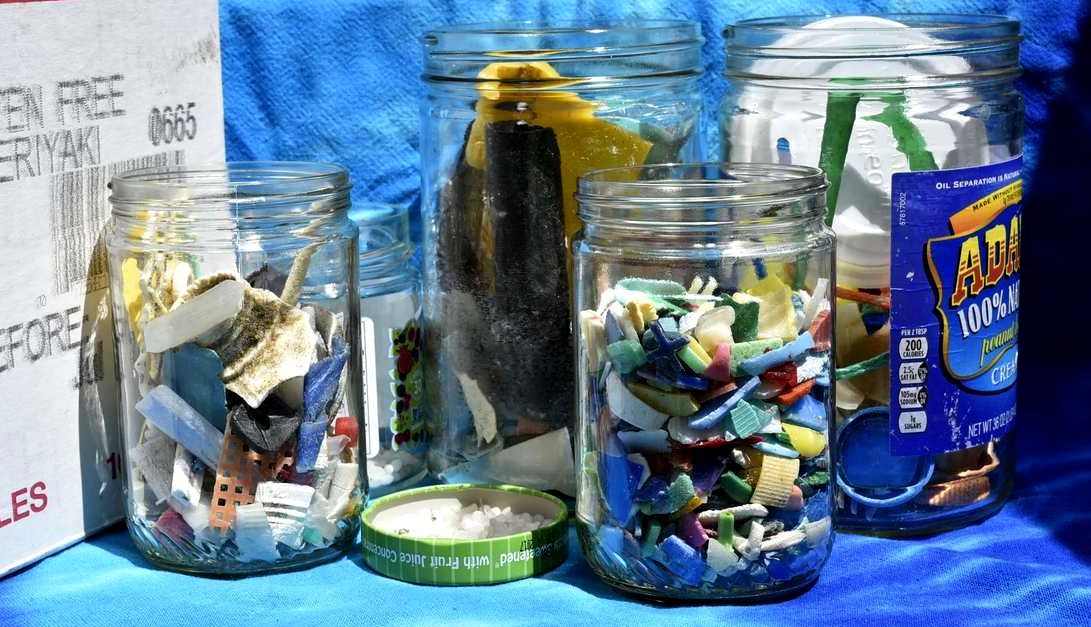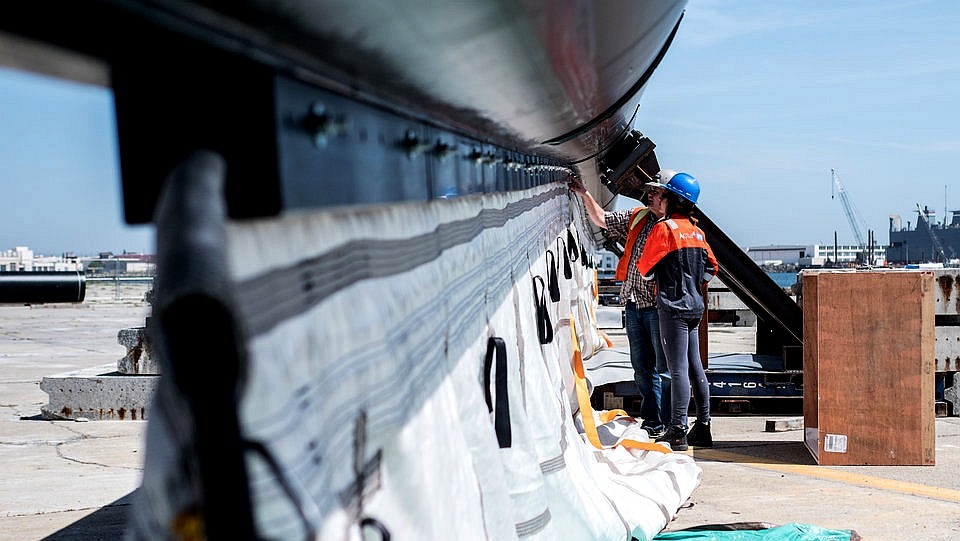|
GREENPEACE OCEAN PLASTIC
PLEASE USE OUR A-Z INDEX TO NAVIGATE THIS SITE
|
|
.....
According to their website, right now an estimated 12.7 million tonnes of plastic – everything from plastic bottles and bags to microbeads – end up in our oceans each year.
That’s a truck load of rubbish a minute.
Plastic is now entering every level of the ocean food chain and even ending up in the seafood on our plates.
RIVER
MERSEY JUNE 2019
The River Mersey was proportionally more polluted than the Great Pacific Garbage Patch – containing equivalent to 2 million pieces of microplastic per square km.
Five out of 13 rivers contained microbeads – which were partially banned in 2017!
More than half the rivers tested contained plastic pellets called ‘nurdles’, which are used as a raw material in the production of plastic products.
OCEAN CLEANUP PROJECTS A - Z
* Adidas * Algalita research foundation * Aliance to end Plastic Waste AEPW * Baltimore Mr Trash river cleaning barge * BAN - Basel Convention Action Network * Boyan Slat's ocean booms * CLAIM H2020 EU marine plastic project * Earth Day - Fact sheet ocean plastic * Fionn Ferreira's ferrofluid extraction of microplastics * FlashLight Press Michelle Lord & Julia Blatt * GRIPS - Global Research & Innovation in Plastics Sustainability * Interceptor tethered river cleaning barges * Junk Raft - plastic awareness voyage * Kids Against Plastic Tat KAPTAT * Miss Ocean - Plastic Awareness Events * 4Ocean recycled plastic bracelets * Nike - Sneakers from recycled materials, ocean spills * Plastic Oceans Org * Seabin * SeaVax autonomous drones * Surrey University PIRATE & Triton * Sussex Bay - Coastline marine rewilding project * WRAP - Waste & Resources Action Programme
CONTACTS
.....
LINKS & REFERENCE
https://greenpeace.org.uk/what-we-do/oceans/plastics/ https://plasticoceans.ca/ https://plasticoceans.org/projects/ https://ocean-plastic.com/
|
|
|
ABS - BIOMAGNIFICATION - CANCER - CARRIER BAGS - COTTON BUDS - DDT - FISHING NETS HEAVY METALS - MARINE LITTER - MICROBEADS - MICRO PLASTICS - NYLON - OCEAN GYRES - OCEAN WASTE PACKAGING - PCBS - PET - PLASTIC - PLASTICS - POLYCARBONATE - POLYSTYRENE - POLYPROPYLENE - POLYTHENE - POPS PVC - SHOES - SINGLE USE - SOUP - STRAWS - WATER
PLEASE USE OUR A-Z INDEX TO NAVIGATE THIS SITE
|
|
|
This website is provided on a free basis as a public information service. copyright © Cleaner Oceans Foundation Ltd (COFL) (Company No: 4674774) 2023. Solar Studios, BN271RF, United Kingdom. COFL is a company without share capital.
|

